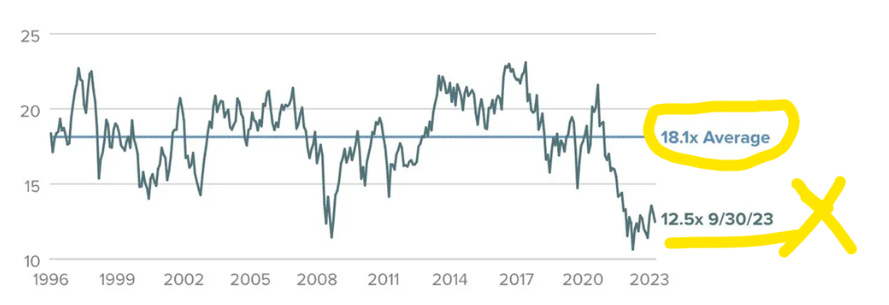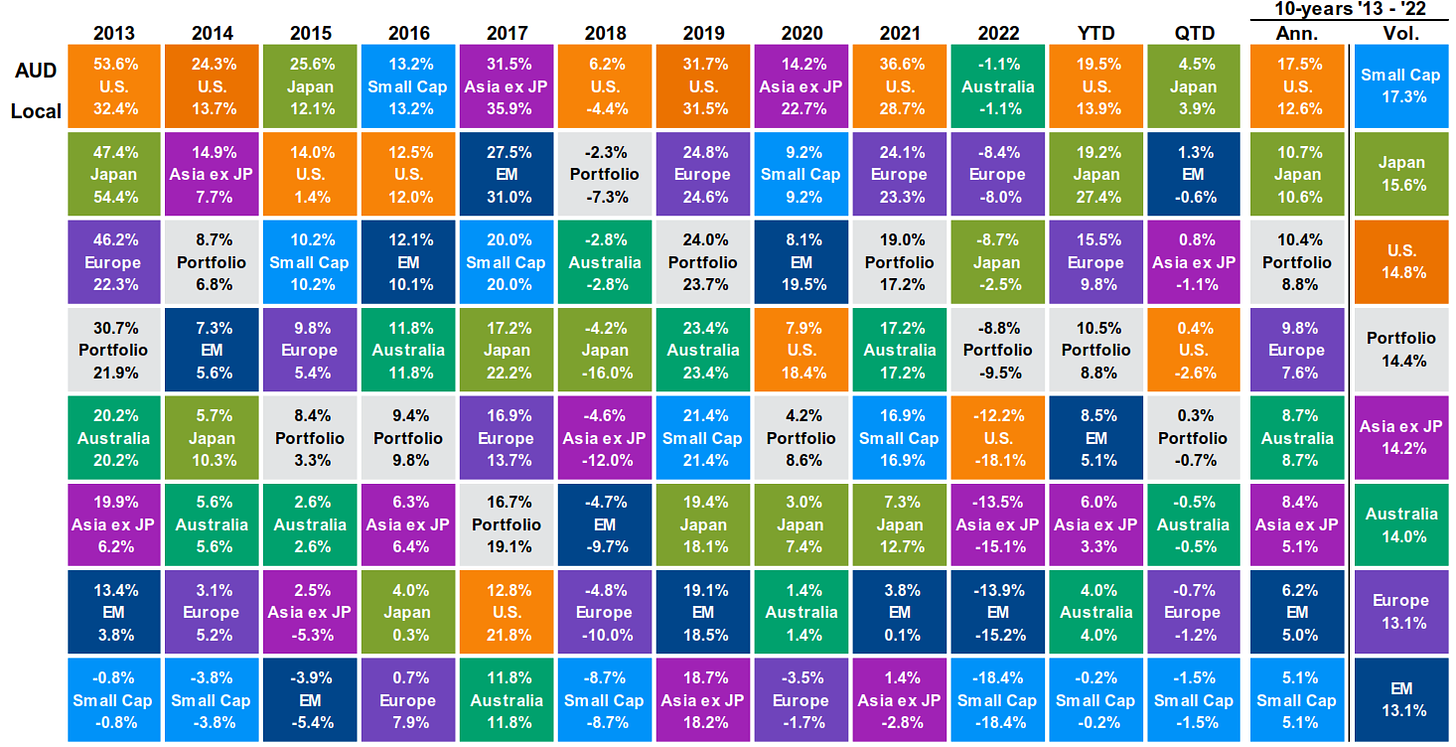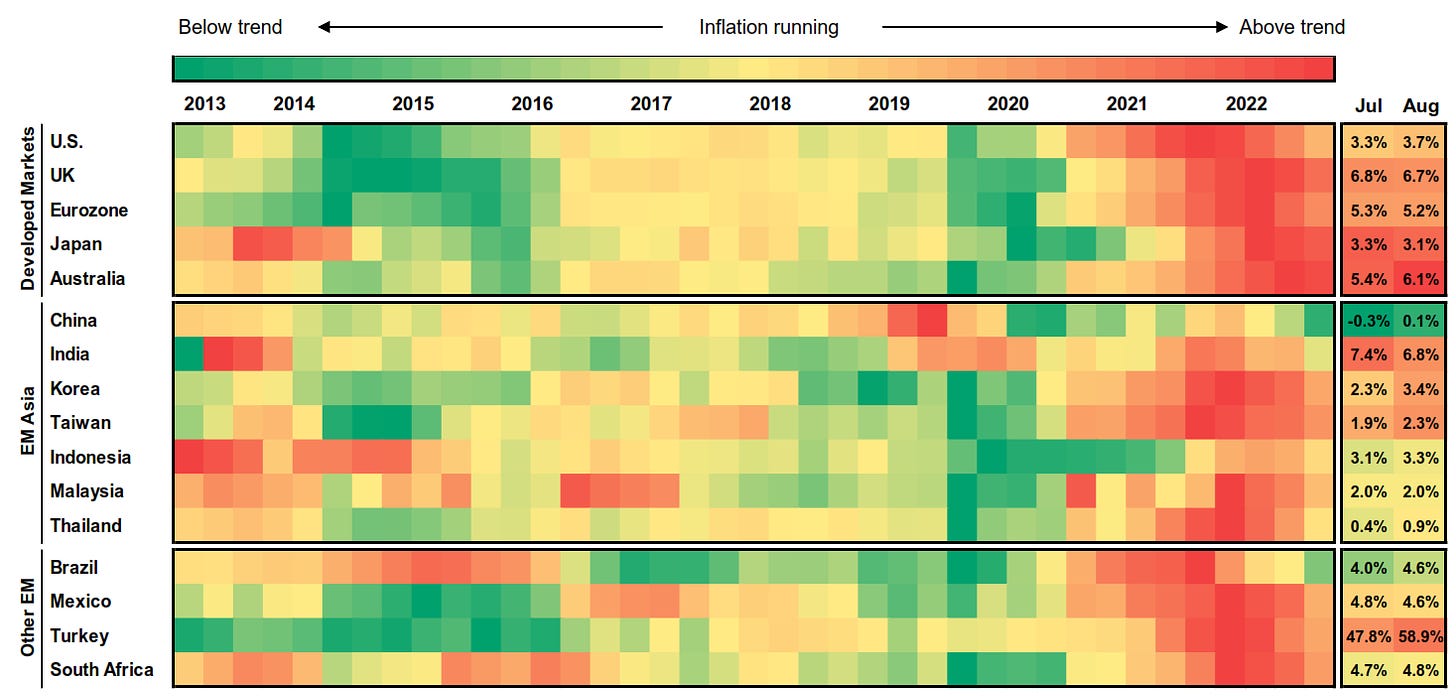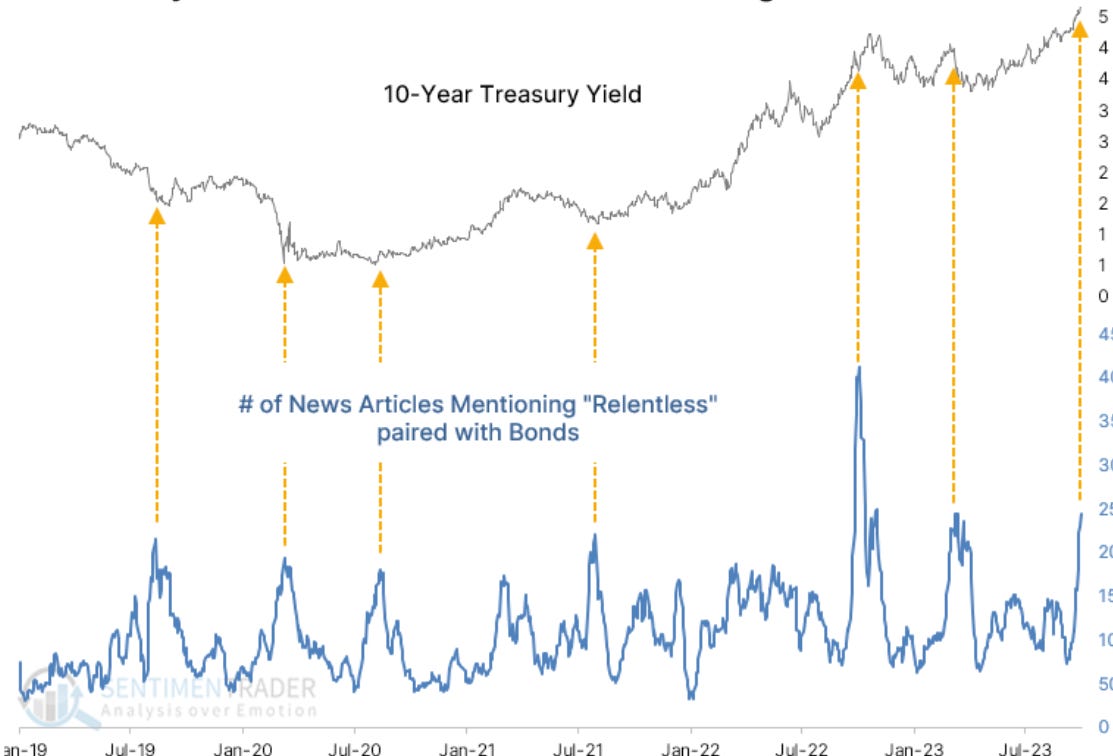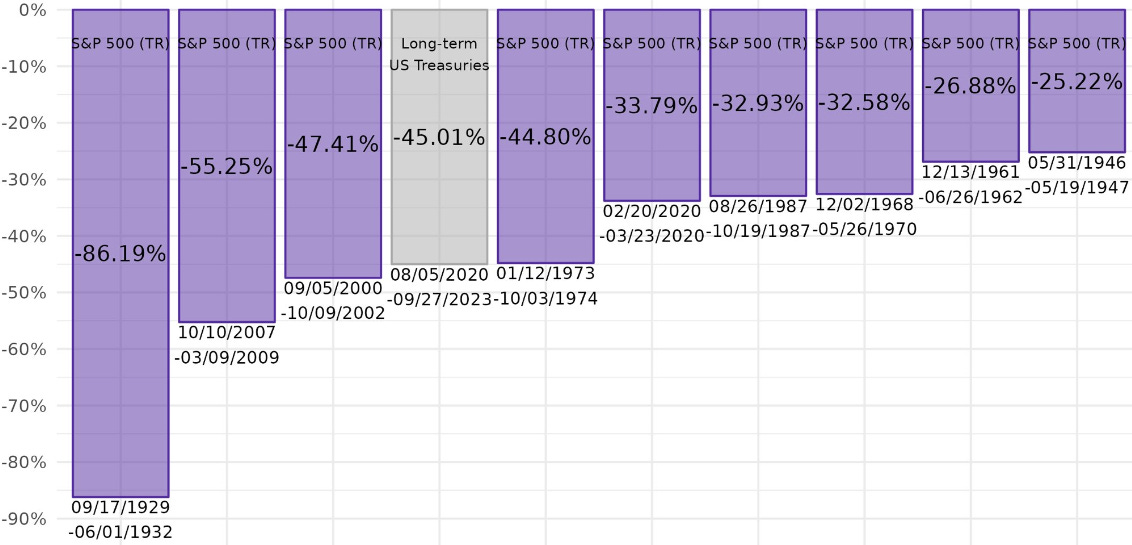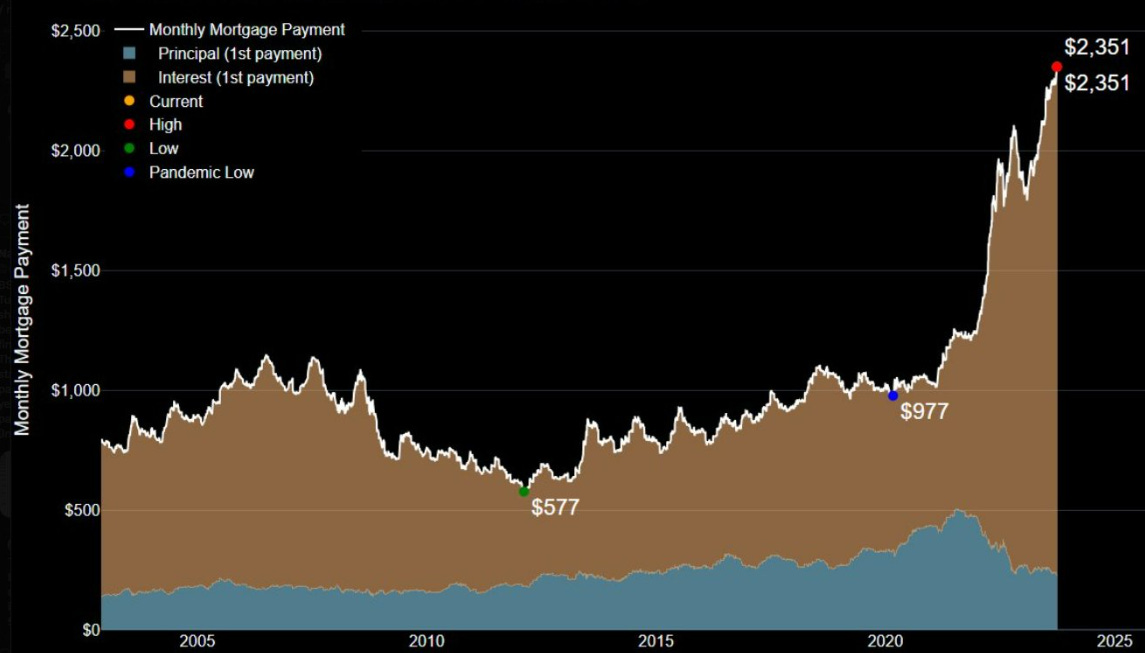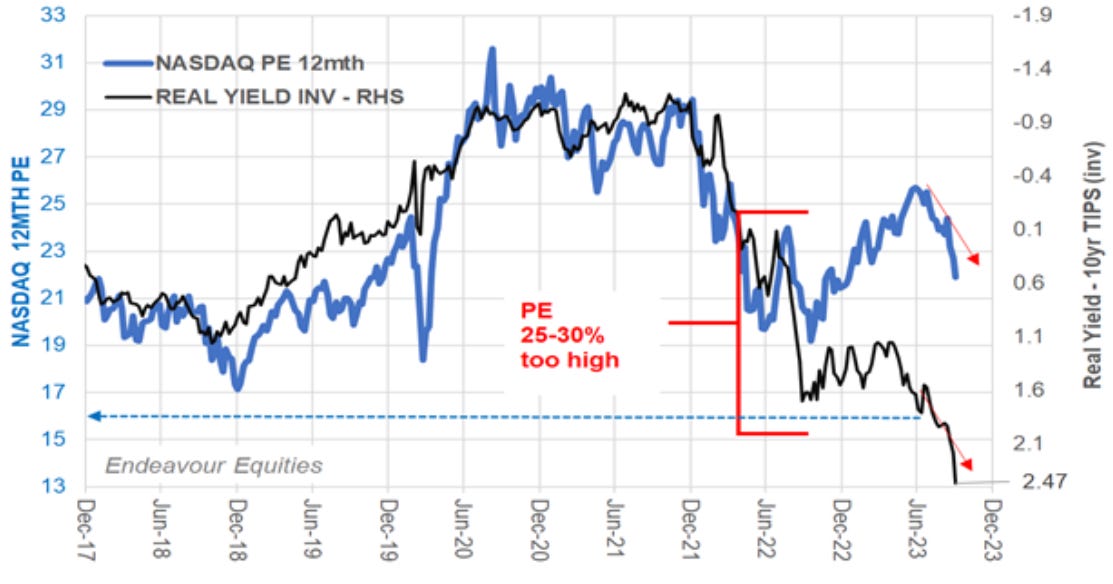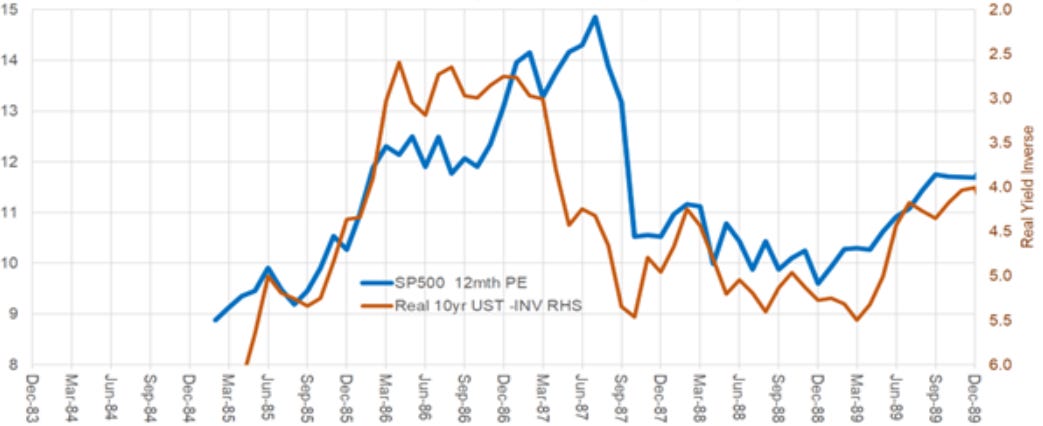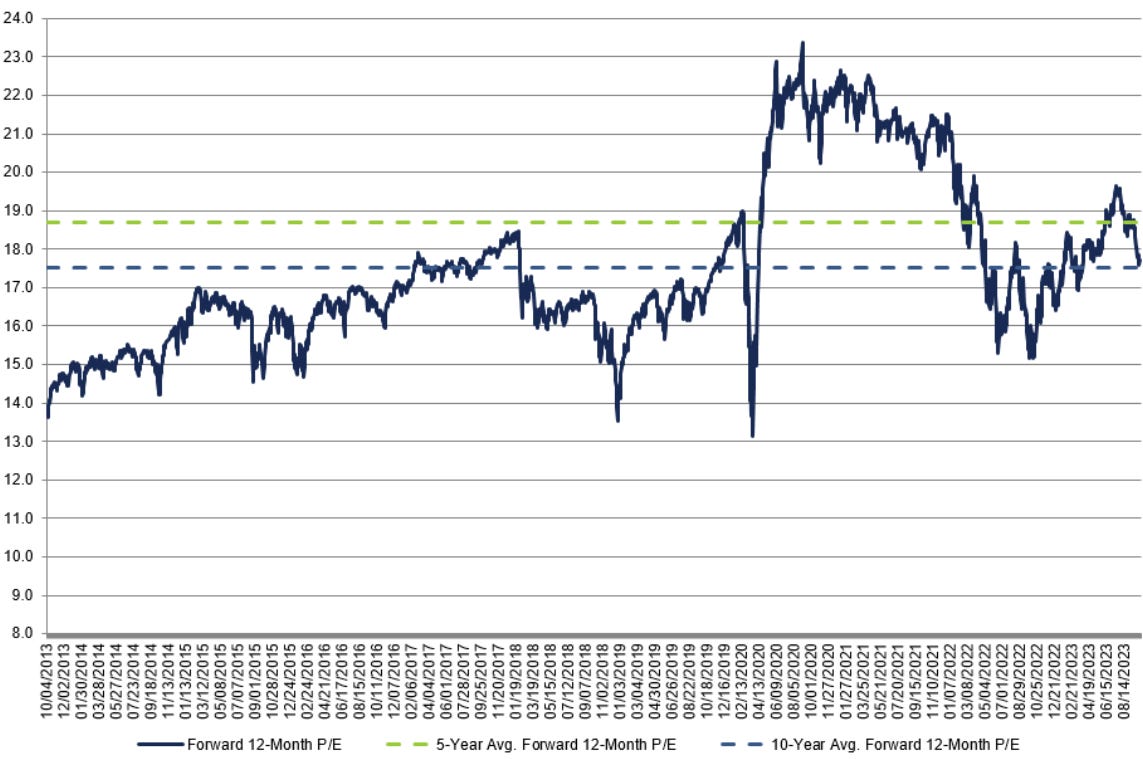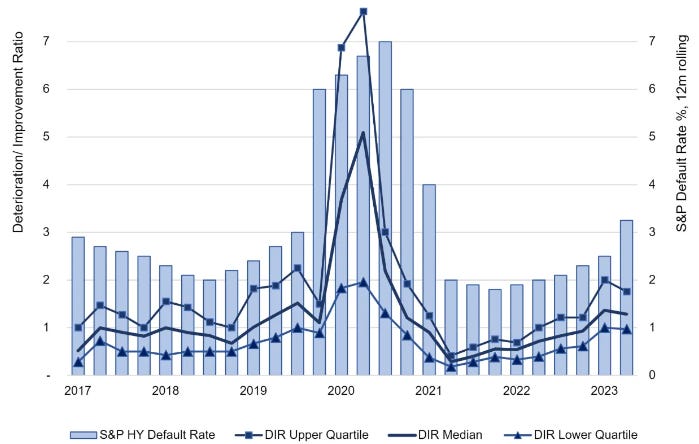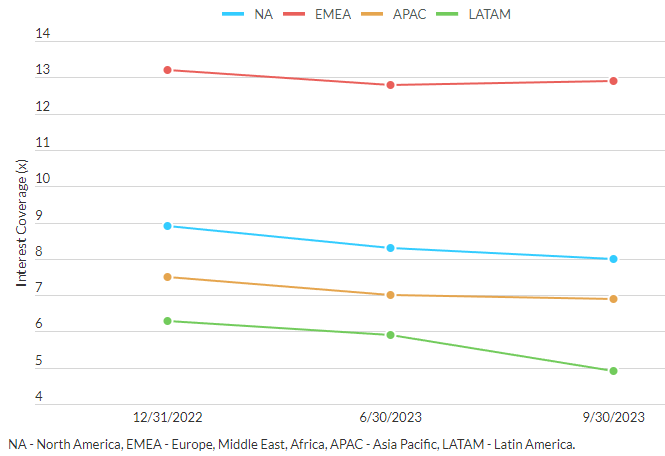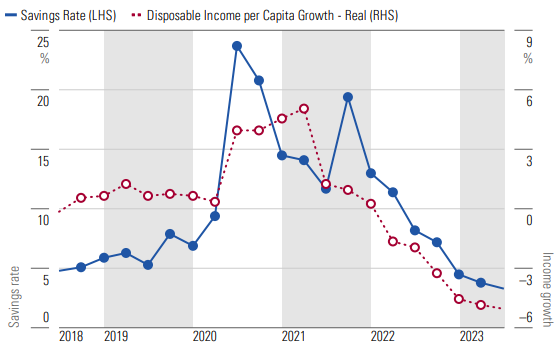NEWS

19 Oct 2023 - Australian Corporate Performance in Indigenous reconciliation.
|
Australian Corporate Performance in Indigenous reconciliation. Tyndall Asset Management October 2022 With the upcoming Voice referendum in Australia, the nation stands on the cusp of a significant constitutional change, emphasising the acknowledgment of Aboriginal and Torres Strait Islanders as the original inhabitants and the establishment of an Aboriginal and Torres Strait Islander Voice to Parliament. Here we aim to assess Australian corporate performance in the context of the indigenous reconciliation journey, particularly focusing on Reconciliation Action Plans and their varying stages. Reconciliation Action PlansReconciliation Action Plans (RAPs) seek to enable organisations to take meaningful action to advance reconciliation. Based around the core pillars of relationships, respect and opportunities, RAPs aim to provide tangible and substantive benefits for Aboriginal and Torres Strait Islander peoples, increase economic equity and supporting First Nations self-determination. The four stages of a RAP are as follows:
Corporate Performance and RAPsThere are presently 43 companies in the S&P/ASX 100 with RAPs in place. These companies are distributed across the Reflect, Innovate, Stretch, and Elevate stages. Notably, 57 companies in the ASX 100 do not have RAPs, suggesting that there is room for growth in corporate engagement in indigenous reconciliation. The breakdown of companies by RAP stage and their associated values in the ASX 100 is as follows:
Figure 1: S&P/ASX 100 RAP Breakdown (number)
Source: IRESS, Reconciliation Australia, Tyndall AM, Oct 2023. Figure 2: S&P/ASX 100 RAP breakdown (total market cap)
Source: IRESS, Reconciliation Australia, Tyndall AM, Oct 2023. Additionally, sector-wise analysis demonstrates varying levels of engagement with RAPs:
Figure 3: S&P/ASX 100 RAP breakdown by industry
Source: IRESS, Reconciliation Australia, Tyndall AM, Oct 2023. Specifically relating to the Voice referendum, it is interesting to note that 14 of the top 20 listed companies in Australia have expressed public support for the Voice. Somewhat surprisingly, of these 14 companies only 11 currently have RAPs. Less surprisingly, none of those 11 companies are at the Reflect stage and the majority are at the Elevate stage or beyond - essentially companies that are more progressed in their own reconciliation journey. Figure 4: S&P/ASX 20 Voice Support
Source: IRESS, Reconciliation Australia, Tyndall AM, Oct 2023. Incorporating Reconciliation into our ESG approachESG has always been a critical part of the Tyndall investment process. More recently we have added structure to the process via the development of an ESG scorecard amongst other longstanding initiatives including active ESG engagement and independent thought on ESG related matters. While social issues and diversity and inclusion performance have always been considered, we have recently updated our scorecard to specifically reflect where companies are at in their RAP journey. Conclusion Regardless of the outcome of the Voice referendum, it is clear that corporate Australia will play an increasingly significant role in progressing indigenous reconciliation efforts. This includes fostering genuine relationships, creating inclusive workplaces, and supporting initiatives that empower Aboriginal and Torres Strait Islander peoples. The pre-Voice referendum assessment of Australian corporate performance in the indigenous reconciliation journey through RAPs reveals both progress and areas for improvement. While a notable number of companies have embraced reconciliation through the RAP framework, a significant proportion is yet to make a commitment. Encouragingly, there appears a growing understanding and acknowledgment of the need to meaningfully engage with indigenous communities. Author: Michael Ward, Senior Research Analyst Funds operated by this manager: Tyndall Australian Share Concentrated Fund, Tyndall Australian Share Income Fund, Tyndall Australian Share Wholesale Fund |

18 Oct 2023 - Performance Report: Cyan C3G Fund
[Current Manager Report if available]

18 Oct 2023 - Performance Report: Digital Asset Fund (Digital Opportunities Class)
[Current Manager Report if available]

18 Oct 2023 - European student accommodation: testing the theory
|
European student accommodation: testing the theory abrdn October 2023 As the new academic year kicks off, students in Europe are confronted with a shortage of good-quality student accommodation. Relative to the UK, the purpose-built student accommodation (PBSA) market in Europe is at a much earlier stage in its evolution. The demand for higher education in Europe is rising, driven by a steady increase in domestic and international students. In 2002, only 22.5% of adults living in the EU were educated to degree level. By 2021, that figure had risen to 40% - the European Commission's long-term target [1]. Momentum remains strong, with access to tertiary education still under the spotlight. In 2022, student enrollments increased or remained stable in 87% of European cities. Rising international student populations are further exacerbating the demand in Europe, too. With limited supply, these fundamental drivers are creating a compelling opportunity for investors to source long-term stable cashflows from the sector. Investment in European PBSA hit €15.4 billion in 2022. This was 47% higher than 2021, 37% higher than 2019 (pre-Covid levels), and 39% higher than the five-year average. Our research on more mature PBSA markets, like the UK, demonstrates how this opportunity can evolve.
Examining the provision rateIn 2022, PBSA occupancy rates averaged 98% in Europe's major cities [2], a level that far exceeds commercial real estate sectors. The demand has also been counter-cyclical to gross domestic product. When there's a downturn in the economy, the demand for student beds rises as more people either enter tertiary education or extend their studies beyond undergraduate degrees. Even during the pandemic and strict lockdowns, university admissions remained resilient and even grew in some cases. However, the provision rates tell the true story. The average provision rate (defined as the student-to-bed ratio) in Europe is 25%. This ranges from 4% in Italy to 33% in the UK. At a city level, London is 31%, Amsterdam is 29%, Copenhagen is 21% and Munich is 15% [3]. With high inflation, debt and construction costs, development activity is insufficient to absorb current and future demand from both domestic and overseas students. Even if all planned developments go ahead, the European provision rate will remain less than 15%. This leaves students at the mercy of individual landlords in the private rental market, which can mean they end up living further away from university campuses. Private accommodation is often more costly because of open-market rents, non-inclusive energy bills, travel, and extra costs for entertainment and facilities. Importantly, a lesser 'student experience' means institutions risk falling behind the current expectations of domestic and international students in an increasingly competitive environment. 'Internationalisation' in higher education'Internationalisation' is the process of integrating cross-border students into European institutions [4]. The top 10 universities in Europe are in the UK and Germany, of which international students account for between 19% and 73% (London School of Economics 73%, University of Oxford 42%, ETH Zurich 41%, and LMU Munich 19%) [5]. This proportion has grown considerably in recent years, owing to a rise in English Taught Bachelors (ETBs), which accommodate a broader range of students. The UK, Germany, the Netherlands and Italy comprise the largest population of English-taught students. International students tend to want higher standards of accommodation in bespoke premises, with higher security than domestic students. A shortage of suitable PBSA stock is a limiting factor for institutions that want to attract this important source of revenue. For investors, this type of PBSA can provide scope for specialisation, with higher premium units and longer-term lets available for overseas students. Chart: Countries accounting for highest past enrolments Source: Studyportals, abrdn, June 2023 Diversifying the student baseFor European PBSA assets, it is less common for investors to have a lease with a university or a business operator. It is more typical to have exposure to individual tenants and turnover. This is critical as the risk of higher void rates can have a more direct impact on performance in European PBSA. Schemes that are backed by a diverse range of international students tend to support more resilient cashflows. Where there is a strong dependency on one source of international student, there is a risk that the source slows or is diverted. Brexit is a good example of a structural shift that can happen almost overnight. The number of EU students coming to the UK plummeted by 50% in 2022, after Brexit-related changes meant they lost their discount on tuition fees. Non-EU international students have filled these places, but this has changed the dynamic in the UK market. In addition, student visa reforms and anti-immigration laws hinder future enrollment rates from Europe, in particular. In the UK, the highest number of international students are from China, India and the US. European student flows are more fragmented, though, driven by a shared colonial history, languages, politics and geographical relationships. In France, most students are from Africa, given the shared colonial ties; Portugal has the most Brazilian students because of their colonial and economic links; and Austria and Germany receive students from each other as they share a common language and are neighbouring countries. The chart shows the differences in student flows and the implied opportunities and risks within the international student mix. The diverse range of international students is a distinct advantage for European PBSA. With the UK government introducing stricter policies, EU institutions are an emerging alternative for international students. This trend could allow the EU to close the gap on the UK. It's not a one-way ticket, though. The Netherlands is another maturing PBSA market that is home to many top universities and international students. But it could cap international student enrollment and recruitment in the future. The tight housing market in major Dutch cities is a major political issue and there are simply not enough beds to supply all students with good-quality accommodation. It's all about distinctionGiven the demand and supply fundamentals, we believe there will be strong potential opportunities for investors to grow meaningful allocations in good-quality and well-located European PBSA. The deglobalisation trend that has been fuelled by geopolitics, means investors cannot simply 'wing it' when it comes to European PBSA. It is important to focus on the best university towns and cities, backed by the most diverse range of student flows, and a strong and growing domestic student population.
Author: Hong Bui, Real Estate Investment Analyst, Europe, abrdn |
|
Funds operated by this manager: Aberdeen Standard Actively Hedged International Equities Fund, Aberdeen Standard Asian Opportunities Fund, Aberdeen Standard Australian Small Companies Fund, Aberdeen Standard Emerging Opportunities Fund, Aberdeen Standard Ex-20 Australian Equities Fund (Class A), Aberdeen Standard Focused Sustainable Australian Equity Fund, Aberdeen Standard Fully Hedged International Equities Fund, Aberdeen Standard Global Absolute Return Strategies Fund, Aberdeen Standard Global Corporate Bond Fund, Aberdeen Standard International Equity Fund, Aberdeen Standard Multi Asset Real Return Fund, Aberdeen Standard Multi-Asset Income Fund |

17 Oct 2023 - Performance Report: Quay Global Real Estate Fund (Unhedged)
[Current Manager Report if available]

17 Oct 2023 - Glenmore Asset Management - Market Commentary
|
Market Commentary - September Glenmore Asset Management October 2023 Globally equity markets in September declined materially driven by rising bond yields. In the US, the S&P 500 fell -4.9%, whilst the Nasdaq declined -5.8%. In the UK, the FTSE 100 outperformed, rising +2.3%, due to its heavy resources and lower technology weightings. In Australia, the All-Ordinaries Accumulation Index fell -2.8%. Energy was the best performing sector (brent crude oil rose +9.8%), whilst real estate and technology were the worst performing sectors, both impacted by rising bond yields. Small caps underperformed as investor risk appetite weakened, with the ASX Small Ords Accumulation Index falling -4.0%. In bond markets, the US 10-year bond yield climbed +43bp to close at 4.54%. Its Australian counterpart saw the yield increase +46bp to 4.49%. The increase in bond yields was the main story for financial markets in the month and was driven by expectations that high inflation will be more persistent and hence require more rate hikes from central banks over the next 6-12 months. The Australian dollar was flat, closing at US$0.64. Funds operated by this manager: |

16 Oct 2023 - Performance Report: Kardinia Long Short Fund
[Current Manager Report if available]

16 Oct 2023 - Performance Report: Delft Partners Global High Conviction Strategy
[Current Manager Report if available]

16 Oct 2023 - 10k Words | October 2023
|
10k Words Equitable Investors October 2023 "Small caps have gone through scotched earth in the US & here," Bell Potter highlights, with JP Morgan showing small caps to be the most volatile and lowest returning asset in the past ten years. JP Morgan also shows us inflation still running above trend in developed markets, leading to a "relentless" rise in bond yields according to SentimenTrader - the flipside of which is a massive equity-like drawdown in bonds charted by @leadlagreport. Mortgage repayments, @cullenroche notes, have rocketed up. But P/E multiples haven't really responded to the shift in rates yet - Endeavour Equities charts the gap between the Nasdaq's P/E and real yields - then points out that in 1987 a P/E derating lagged higher real yields. Factset has the S&P 500's forward P/E at 17.7x, just above the 10 year average of 17.5x (calculated over a period of lower interest rates). Equitable Investors looked at Australia's 10-year government bond hitting a high not seen since 2011 as the spread between the bond yield and the ASX 200 dividend yield turned negative. We also looked at the spread between corporate "high yield" debt and the earnings yield in the US. That's as credit ratings agency Fitch sees corproate interest coverage declining "modestly" as rates stay higher for longer. Finally, Morningstar charts how Australian consumers are spending more of their income and saving less. Weighted harmonic average P/E (excluding non-earners) for the Russell 2000 Source: Bell Potter World equity market returns Source: JP Morgan Asset Management Headline consumer prices year-over-year, quarterly data Source: JP Morgan Asset Management US bond yields rise as news articles label the move "relentless" Source: SentimenTrader, Bloomberg 2020-2023 - 20+ year US treasury drawdown compared to largest stock Source: @leadlagreport Monthly mortgage payment using median existing home pirce in US with a 20% down payment & average 30Y mortgage rate Source: @cullenroche, Bloomberg Nasdaq P/E v inverse of the real yield on 10 year inflation-protected treasuries Source: @EquitOrr / Endeavour Equities In 1987 P/Es derated as a delayed reaction to higher real yields Source: @EquitOrr / Endeavour Equities S&P 500 forward 12 month P/E ratio - 10 years Source: FactSet Australian government 10-year bond yield Source: Iress, Equitable Investors Spread between S&P/ASX 200 dividend yield & 10 year bond yield Source: Iress, Equitable Investors Spread between US BBB corporate bonds and the S&P 500 earnings yield Source: GuruFocus, Equitable Investors US "high yield" corporate bond default rates rising Source: S&P Change in Fitch's forecast for 2023 inveterst coverage (EBITDA / interest) Source: Fitch Real household incomes declining and saving rates low
Source: Morningstar, ABS October Edition Funds operated by this manager: Equitable Investors Dragonfly Fund Disclaimer Nothing in this blog constitutes investment advice - or advice in any other field. Neither the information, commentary or any opinion contained in this blog constitutes a solicitation or offer by Equitable Investors Pty Ltd (Equitable Investors) or its affiliates to buy or sell any securities or other financial instruments. Nor shall any such security be offered or sold to any person in any jurisdiction in which such offer, solicitation, purchase, or sale would be unlawful under the securities laws of such jurisdiction. The content of this blog should not be relied upon in making investment decisions. Any decisions based on information contained on this blog are the sole responsibility of the visitor. In exchange for using this blog, the visitor agree to indemnify Equitable Investors and hold Equitable Investors, its officers, directors, employees, affiliates, agents, licensors and suppliers harmless against any and all claims, losses, liability, costs and expenses (including but not limited to legal fees) arising from your use of this blog, from your violation of these Terms or from any decisions that the visitor makes based on such information. This blog is for information purposes only and is not intended to be relied upon as a forecast, research or investment advice. The information on this blog does not constitute a recommendation, offer or solicitation to buy or sell any securities or to adopt any investment strategy. Although this material is based upon information that Equitable Investors considers reliable and endeavours to keep current, Equitable Investors does not assure that this material is accurate, current or complete, and it should not be relied upon as such. Any opinions expressed on this blog may change as subsequent conditions vary. Equitable Investors does not warrant, either expressly or implied, the accuracy or completeness of the information, text, graphics, links or other items contained on this blog and does not warrant that the functions contained in this blog will be uninterrupted or error-free, that defects will be corrected, or that the blog will be free of viruses or other harmful components. Equitable Investors expressly disclaims all liability for errors and omissions in the materials on this blog and for the use or interpretation by others of information contained on the blog |

13 Oct 2023 - Hedge Clippings | 13 October 2023
|
|
|
|
Hedge Clippings | 13 October 2023 Has the Fed lost the (dot) plot? Australia's RBA has its bulletin to update the rest of us to their thinking after their monthly board meeting, but they rarely spring any surprises. They basically say what they want us to hear, but generally in central banker-speak so as not to frighten the horses, while at the same time having two-bob each way on future decisions. This possibly explains the criticism of Philip Lowe's so-called "prediction" back in 2020, mid-Covid, that rates wouldn't rise until 2024. As above, good central bank-speak tries to convey calm, whilst leaving the door open to the fact that whilst everything in the past is obvious, nothing in the future is certain. Former head of the US Reserve Alan Greenspan was famously completely obscure in his lack of clarity, once telling a business audience "If I've made myself too clear, you must have misunderstood me." The US Federal Reserve on the other hand make use of a quarterly "dot-plot" developed by former head honcho Ben Bernanke to convey what the Fed is thinking. Which of course means that 95% of the population either won't take any notice, or if they do, they don't understand, relying instead on the markets to follow the dots, (or at least the change since they last looked) and gyrate bonds rates accordingly. Just recently the market's done just that, firstly sending bond yields to multi year highs and putting the skids under both bonds and equities, before comments from one Fed member had the markets seemingly backing off that view. Whichever way it turns out, there's little chance of inflation, and therefore rates, falling any time soon, and it's our belief that the Fed's 2% target is a long way off - barring a major recession. There you go - we've had our two-way bet as well. Enough of economics, time for politics. Having carefully avoided the referendum for the past few months, Hedge Clippings wonders if Albo lost the (dot) plot when promising a referendum on the Voice, which, if the polls are to be believed, is not going to pass? Referendums are historically hard to result in change, at least at the ballot box. However had Albo asked Australians to vote to include in the Constitution the fact there were traditional inhabitants or owners prior to 1900, or 1788, we suspect that would have won in a canter (this week's horse references to get you in the mood for Spring Carnival time). Having got that done and dusted, he could then have set up an advisory body to try to improve the lot of disadvantaged First Nations people, and to make sure that the annual (reported) $39.5 billion allocated from the Federal budget actually resulted in an improvement in their living standards, health, life expectancy and incarceration levels. There'd be few fair-minded Australians on either side of politics who would object to either of those outcomes. Instead, whatever the result of tomorrow's vote, there's going to be angst and disunity over a subject that everyone agrees is an embarrassing national disgrace. Finally, going, going, not quite gone yet! This week saw the announcement we'd all been waiting for, although most had expected it earlier than this: Qantas chairman Richard Goyder will step down - but not for another 12 months until next year's AGM, during which time he'll pick up another $750,000 in salary - assuming the remuneration committee doesn't increase it as they did in 2023. And of course, Goyder, and eligible family members, will receive two more (free) long, and six short haul flights during his pre-retirement year (turning left at the cabin door we presume). A couple of other Qantas directors will retire pre the airlines half year results in 2024, which will at least give time to find suitable replacements. Meanwhile, no sign of Alan Joyce, or the $24 million he reportedly trousered before he skipped the country (also presumably first class). 'Nuff said! It's likely to be another going, going, gone guessing game for both Eddie Jones and his ARU board supporters as the Wallabies come back to the country this week-end, but enough said about that debacle as well. However, even if you have to stay up until 2:00 AM to watch it, or get up early for the 6:00 AM games, there should be some great rugby on the box this week-end. News & Insights What are Warrants and what is a Bond/Warrant? | PURE Asset Management Investing Essentials: Understanding fund fees - price versus value | Bennelong Funds Management September 2023 Performance News Argonaut Natural Resources Fund Bennelong Emerging Companies Fund |
|
|
If you'd like to receive Hedge Clippings direct to your inbox each Friday |





